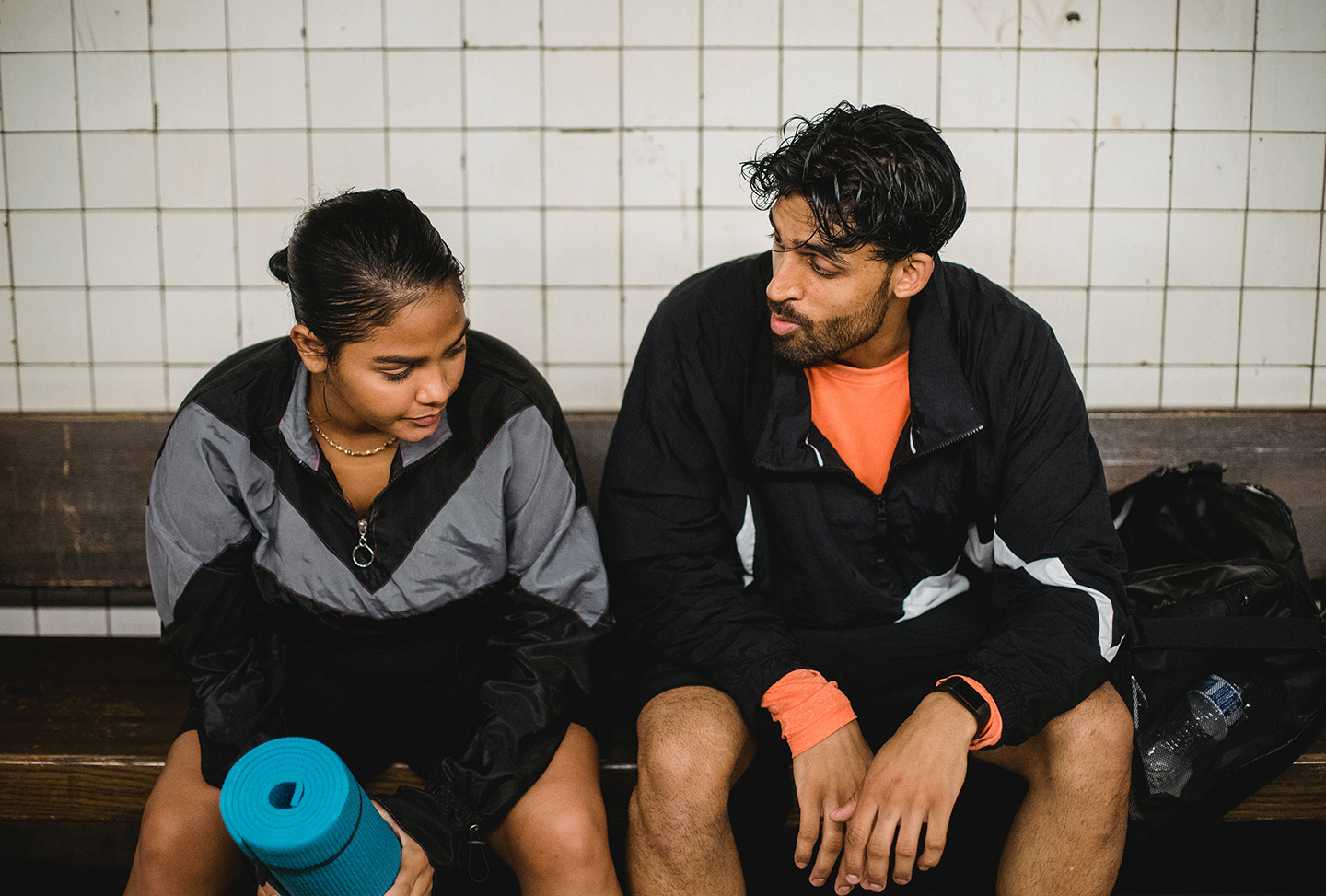Limitless possibilities in spectacular destinations, Balance Holidays' exceptionally curated wellbeing travel experiences bring individuals on multi-sensory journeys that enrich and awaken the heart, body and mind..


How often do you look back and wonder where time has gone? It’s not uncommon to feel as though each year disappears into another faster than the one before. Slowing down can act as an antidote to this rapidly vanishing timeline, but what does ‘slowing down’ mean? Here we discuss how you can reduce the pace of life, and why it is essential that you should.
According to Psychology Today, feeling too busy can trigger our brains into feeling stressed. It reports that, while feeling stressed is a natural human reaction to certain situations, overexposure to such circumstances causes our immune system to kick into overdrive. In turn, our bodies can only keep up with this for so long, which can eventually lead to exhaustion. The effects of stress vary significantly between individuals, but common signs include headaches, depression, anxiety and changes in usual behaviour.

Various studies show that, when compared to the 1950s, the average daily working hours have dropped, as well as the amount of time spent doing housework. One study, summarised by The Atlantic, presents data that shows the total annual working hours in the UK has dropped by over 24% since 1950. Additionally, the development of household appliances, such as dishwashers and washing machines, means that statistically, we have more time for sleep and leisure. So why do more and more of us feel as though we don’t have the time to do as much as we would like? The idea that this feeling is just that: a feeling, a psychological burden, rather than a physical demand. So how can we shake the feeling of being rushed continuously, and take some time to slow down?

A potential contributor to a feeling of busyness is our new around-the-clock connection to one another and the rest of the world, via the internet and smartphones. While there are many benefits to the technological age, being reachable 24 hours a day may be the root of some people’s time management. Furthermore, some individuals who bring their work home on their smartphones via texts and emails may find it harder to achieve a work-life balance.
According to the Stress in America Report, nearly one-fifth of Americans identify the use of technology as a very or somewhat significant source
of stress. Certain individuals may contribute feelings of stress to the reduced ability to switch off and slow down. A mini digital detox or limiting your daily screen time may help you to unwind and enjoy some disconnected time.
A self-care routine will vary from person to person. Still, as a general rule, a self-care routine involves allotting specific time to yourself to focus on personal wellbeing. By mindfully carving space out of each week to do things that make you happy, you may find that the fast-paced feeling slows.

Part of being mindful is all about becoming aware of your present situation and aligning yourself with the now. By doing so, you are more aware of your thoughts and emotions, and those of the people around you. To be mindful in a pleasant situation can remove troubling worries of the past and future and allow certain individuals to unwind, relax and slow down. You can be mindful of the notion that you need to slow down, further improving your ability to disconnect. You can learn to become more mindful in any situation, but many people like to practice mindfulness in a stimulating environment, such as nature. Certain individuals find that connecting with nature can help them to focus on the present by becoming more aware of the sights, smells and sounds surrounding them.
Here at Balance Holidays, we believe that slowing down is vital to personal wellbeing. Our lifestyle retreats, including yoga retreats in Puglia and nature retreats in France, are held in luxury locations designed to reaffirm and nurture. We aim to help you to discover a better equilibrium by handing you wellbeing skills you can grow long after you return home. For more advice on how you can slow down, take a look at our journal page on The Art of Doing Nothing.
Sign up to our newsletter for exclusive retreat launches, priority access to events and curated wellbeing content